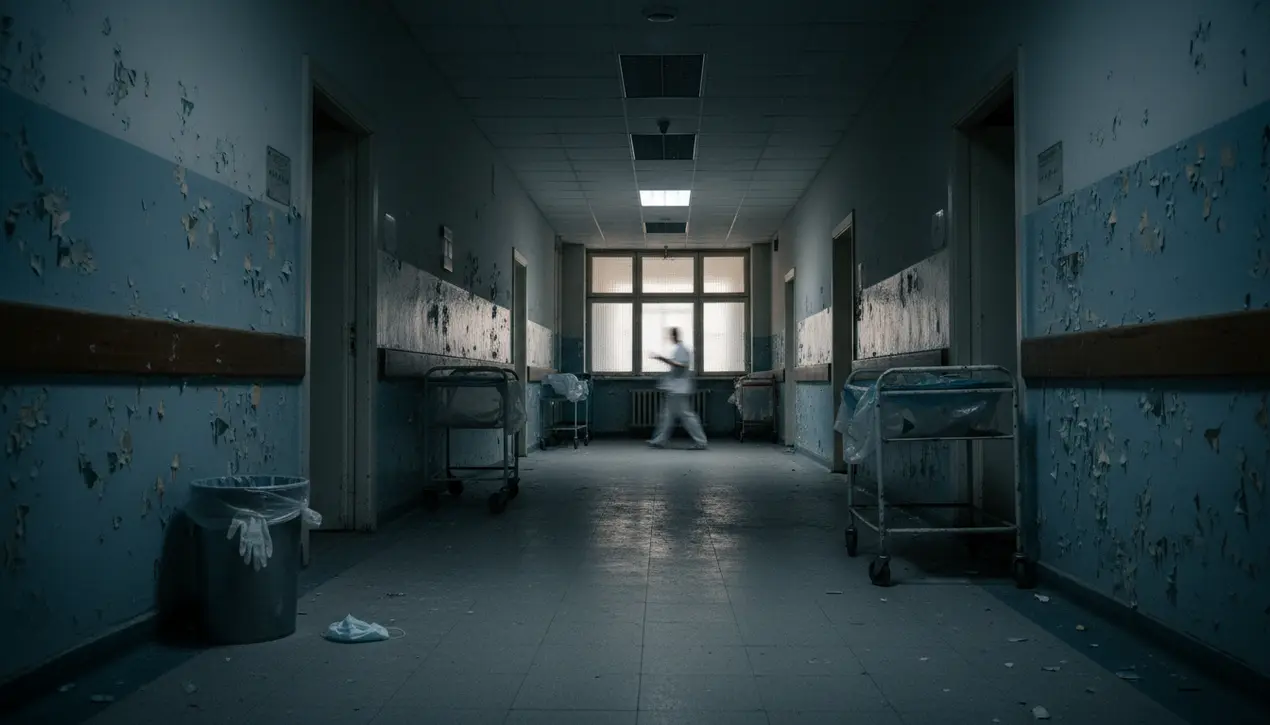
SciencemedicinePublic Health
Report Ranks States with Dirtiest Hospitals in America
RA
Rachel Adams
2 hours ago7 min read2 comments
A new healthcare report delivers a diagnosis that is both startling and sobering: certain American hospitals are failing their most fundamental duty—to provide a clean, safe environment for healing. The 2025 analysis from healthcare staffing platform Nursa, which scrutinized hospital-acquired infection rates, federal inspection citations for unsanitary conditions, and damning patient testimonials, reveals a systemic hygiene crisis festering within the very institutions we trust with our lives.This isn't merely about dusty corners or cluttered storage rooms; it's about the preventable spread of Methicillin-resistant Staphylococcus aureus (MRSA) and other deadly pathogens in places where vulnerability is a given. As a biologist focused on ecological systems and public health, I see a clear and disturbing parallel: when the delicate ecosystem of a hospital is compromised by neglect, the consequences ripple outward, mirroring the environmental degradation we witness in polluted natural habitats.The data points to a breakdown in protocol and a potential crisis of accountability, where lapses in basic sanitation—improper sterilization of surgical instruments, inadequate handwashing compliance among staff, contaminated surfaces in intensive care units—create breeding grounds for superbugs. This situation evokes the grim history of pre-Semmelweis medicine, where a lack of understanding about germ theory led to rampant puerperal fever, a tragic precedent we have the knowledge to avoid.Experts in epidemiology and public health policy warn that these conditions are not just a matter of patient discomfort but a significant driver of antimicrobial resistance, a slow-moving pandemic that the World Health Organization consistently ranks as a top global health threat. The potential consequences are a cascade of suffering: prolonged hospital stays, devastating financial burdens on families, and ultimately, preventable loss of life.The report forces us to confront an uncomfortable truth about the uneven landscape of American healthcare, where your zip code can determine your risk of a hospital-acquired infection just as it can your exposure to environmental toxins. Addressing this requires more than just allocating more mops and disinfectant; it demands a cultural shift within hospital administration, a renewed commitment to rigorous, transparent oversight, and a systemic investment in the frontline healthcare workers who are the true guardians of patient safety.
#hospitals
#infection rates
#hygiene
#MRSA
#patient safety
#healthcare quality
#editorial picks news
Stay Informed. Act Smarter.
Get weekly highlights, major headlines, and expert insights — then put your knowledge to work in our live prediction markets.
Related News
Comments
Loading comments...
© 2025 Outpoll Service LTD. All rights reserved.








